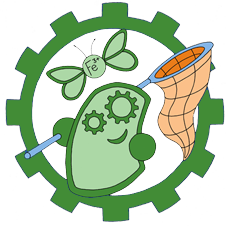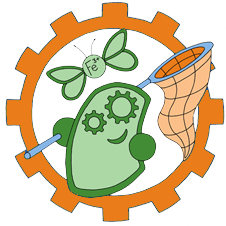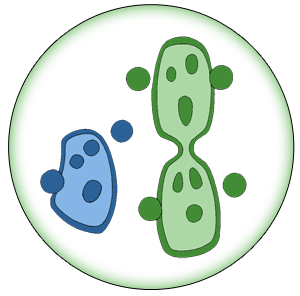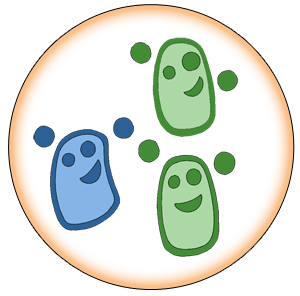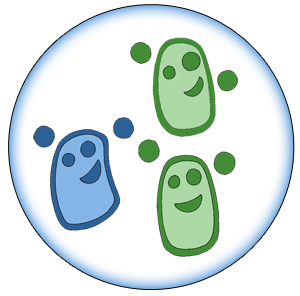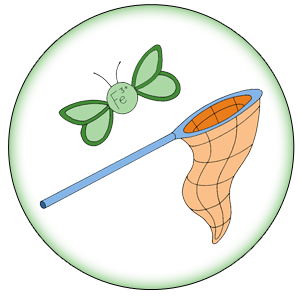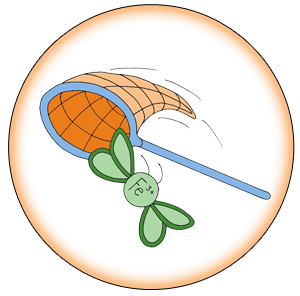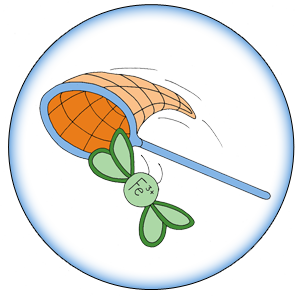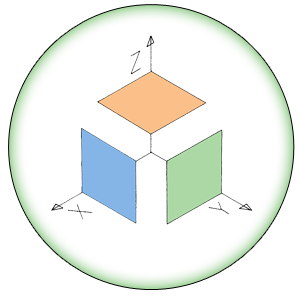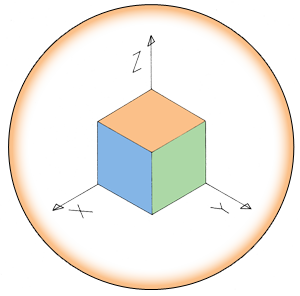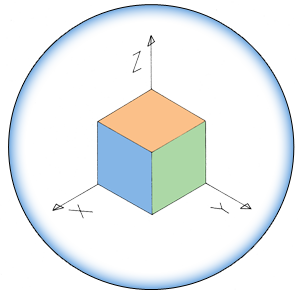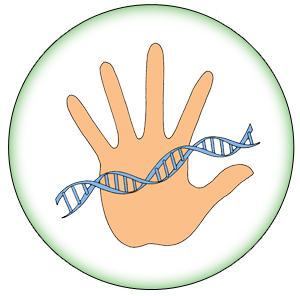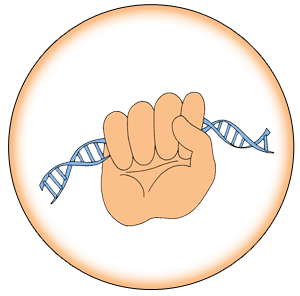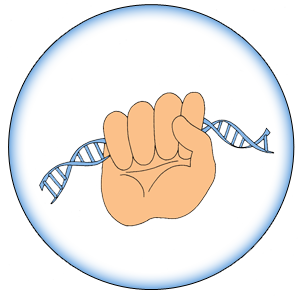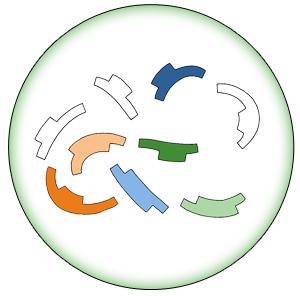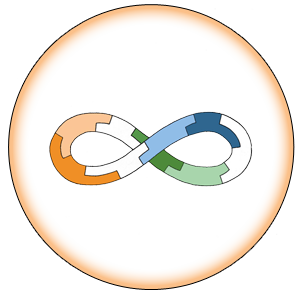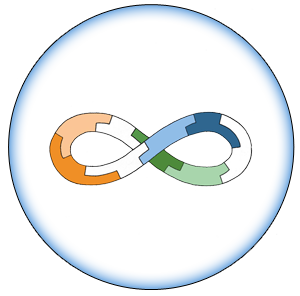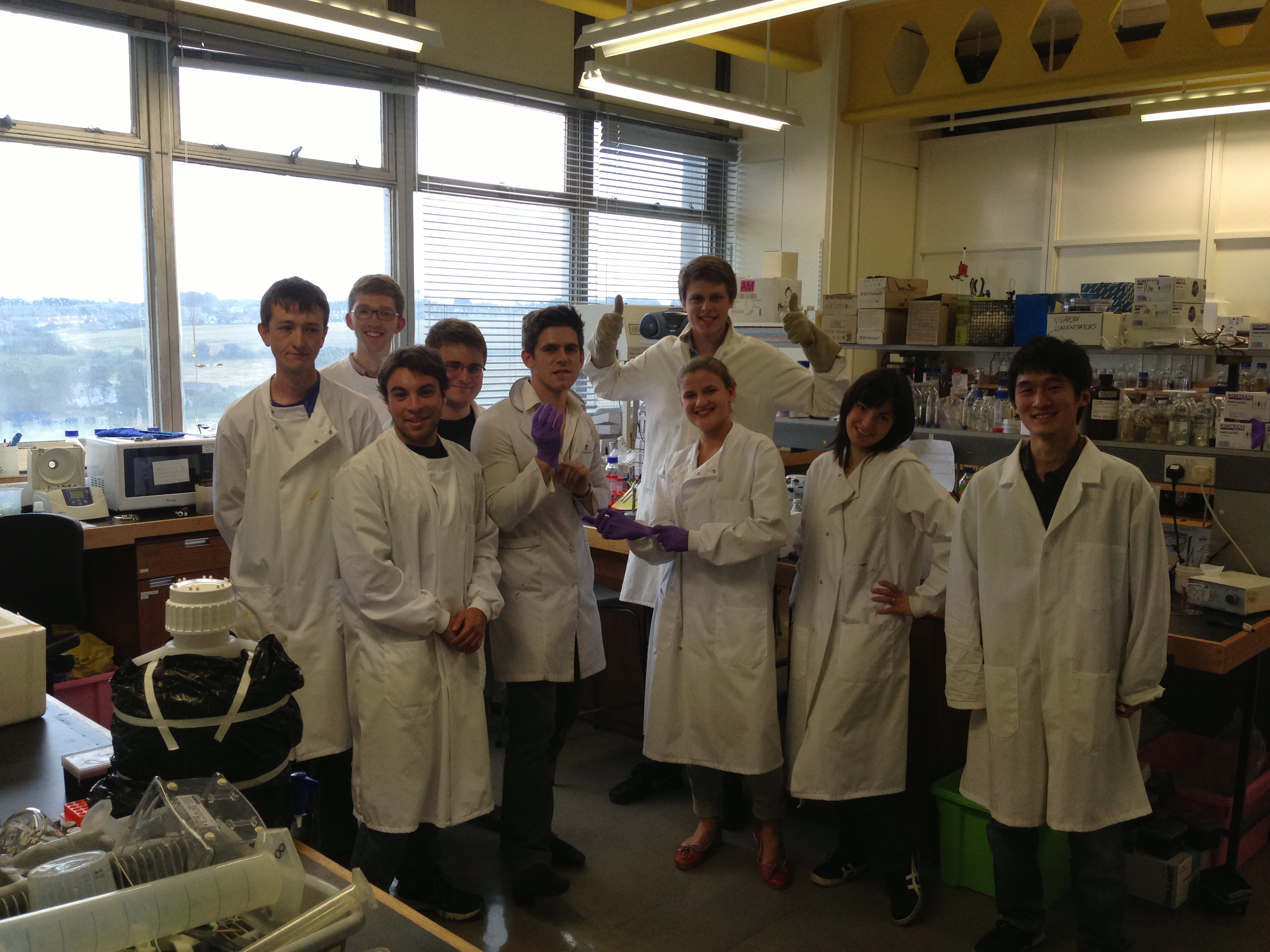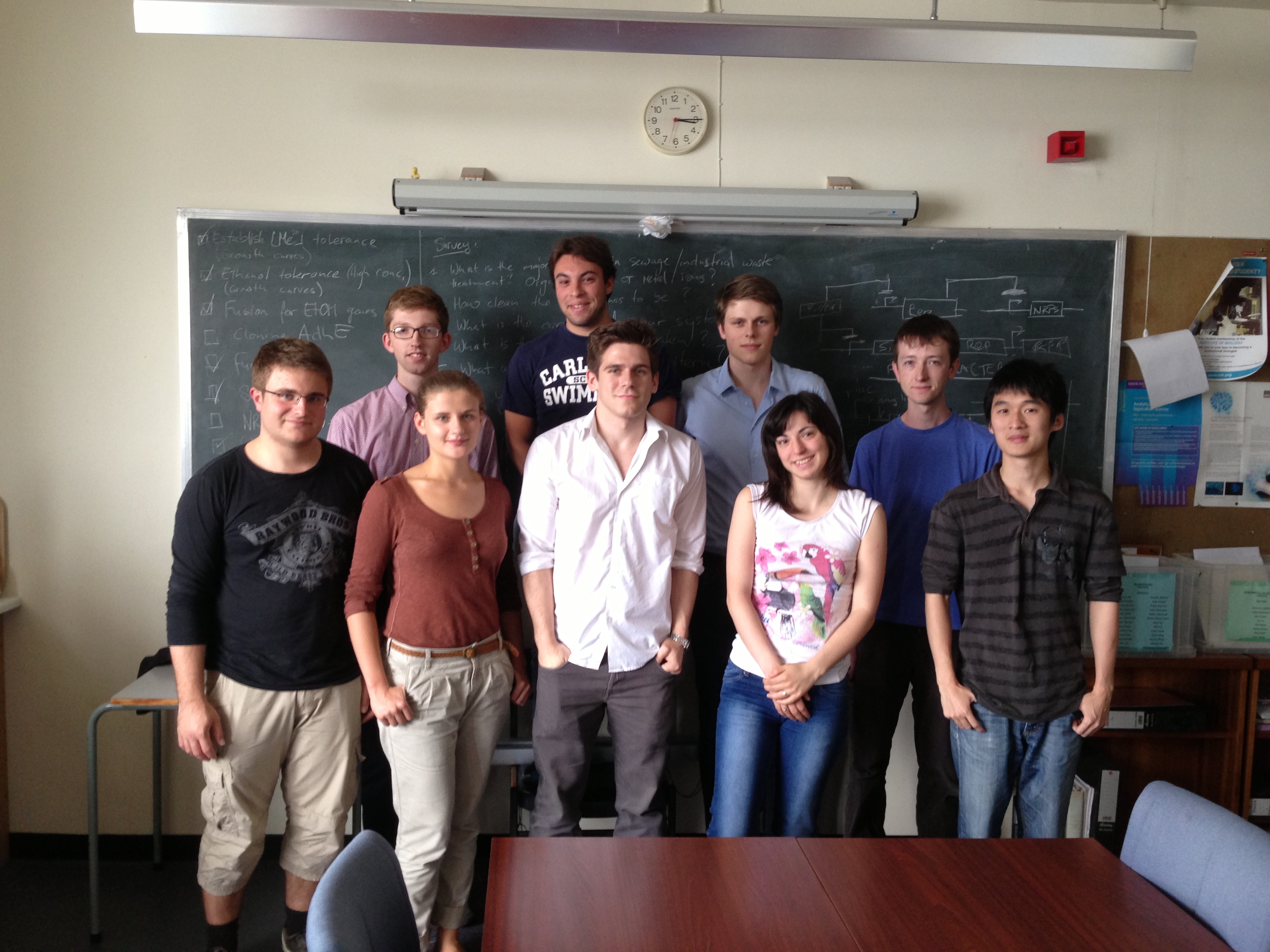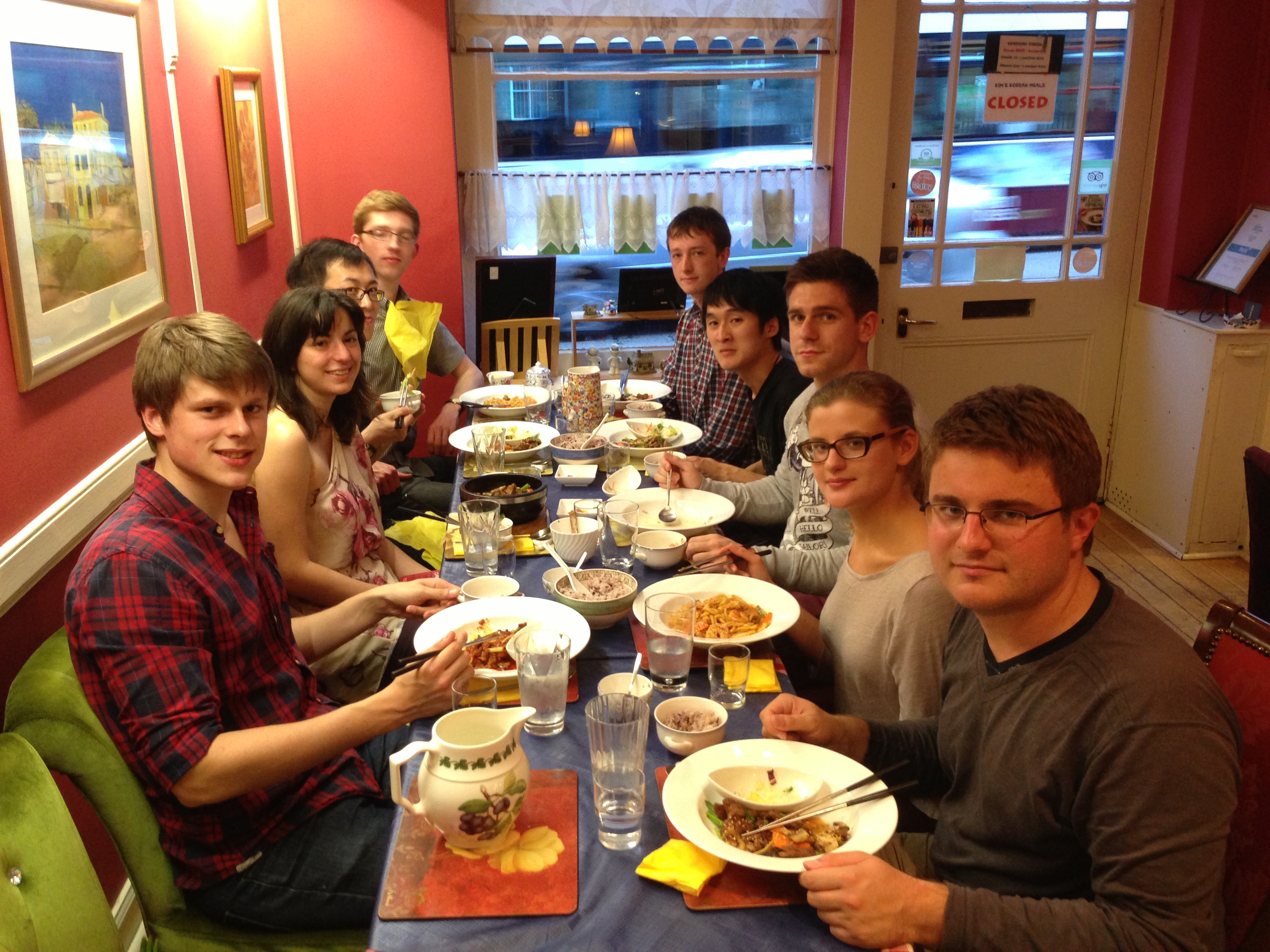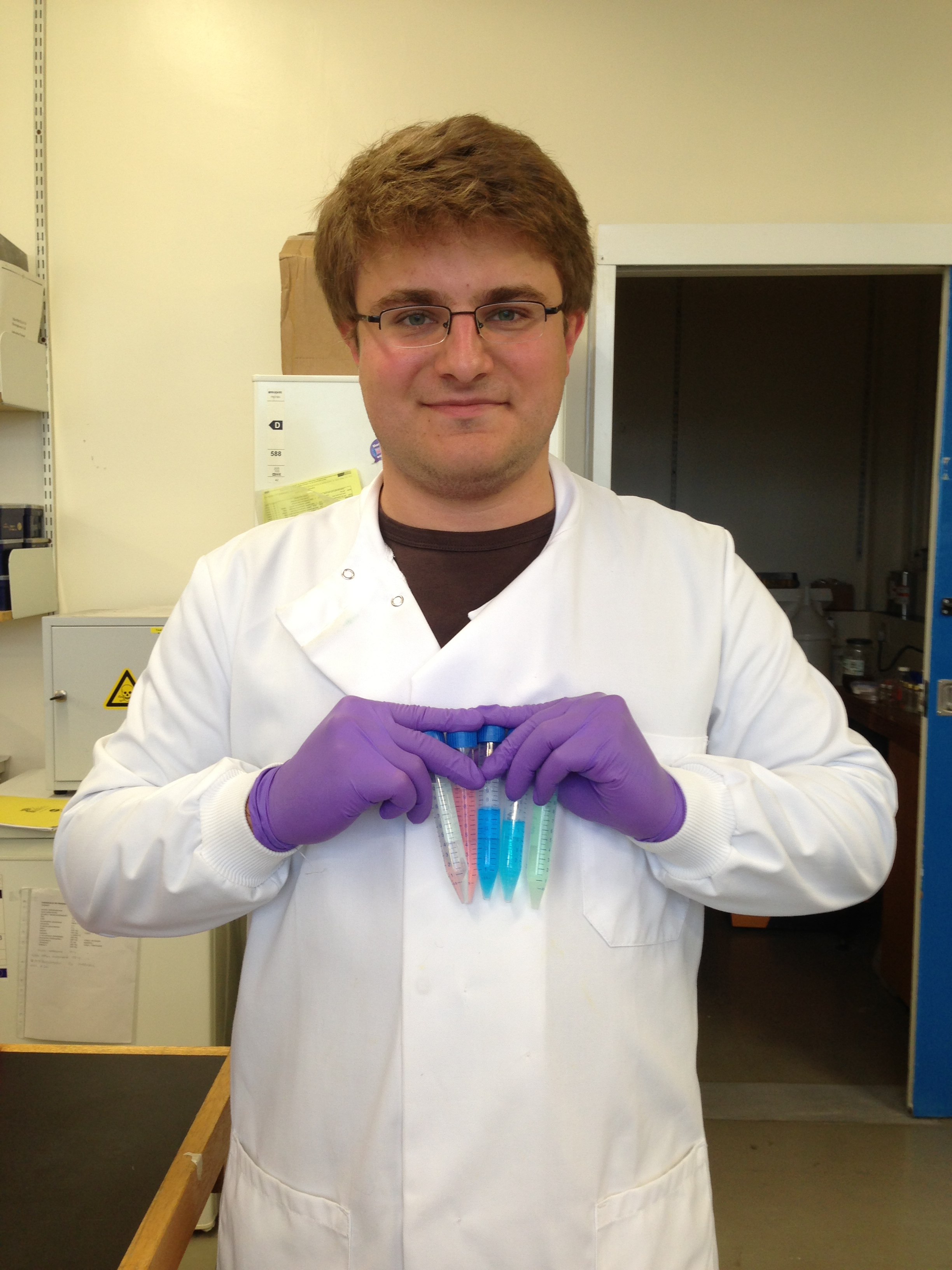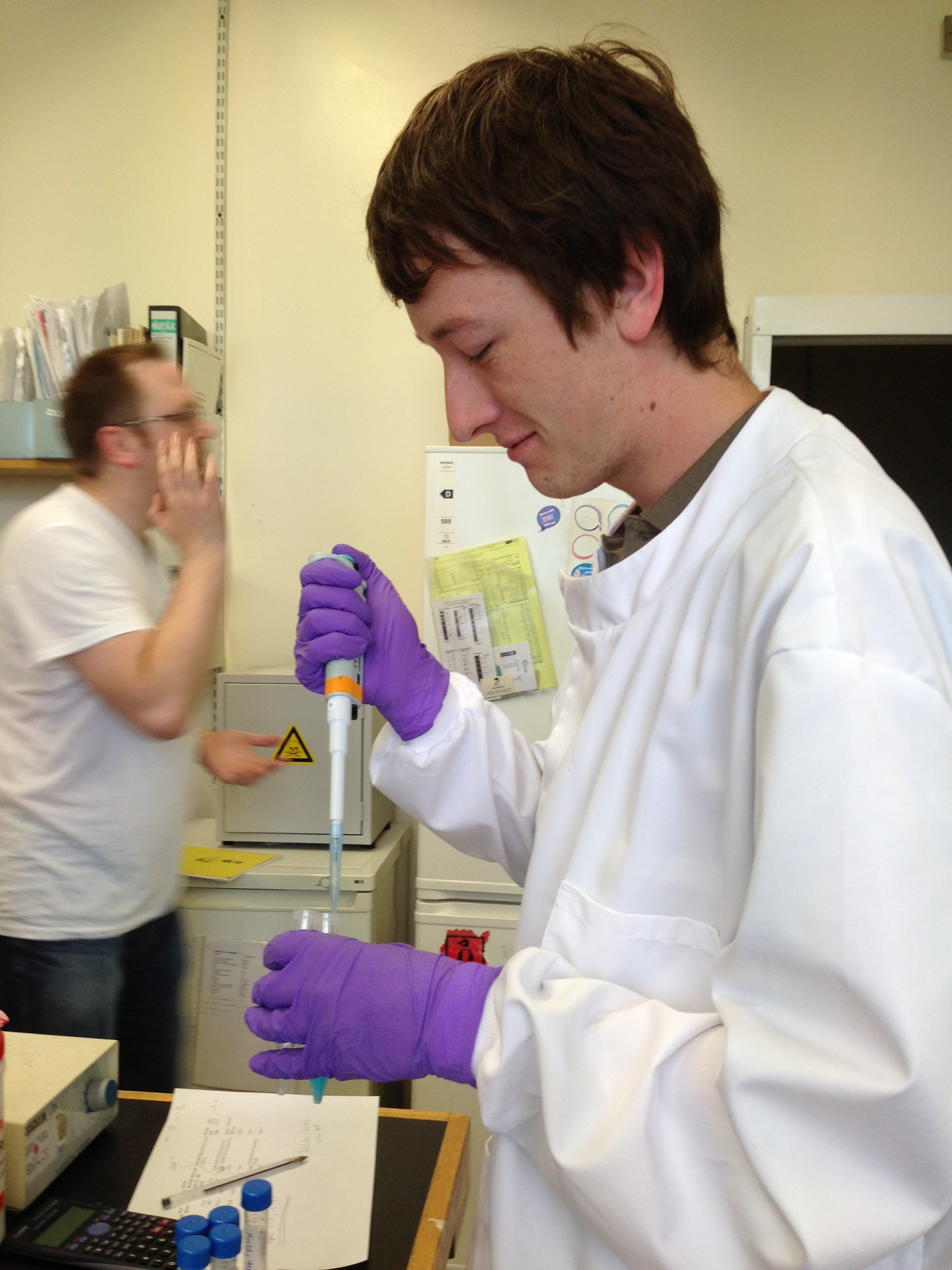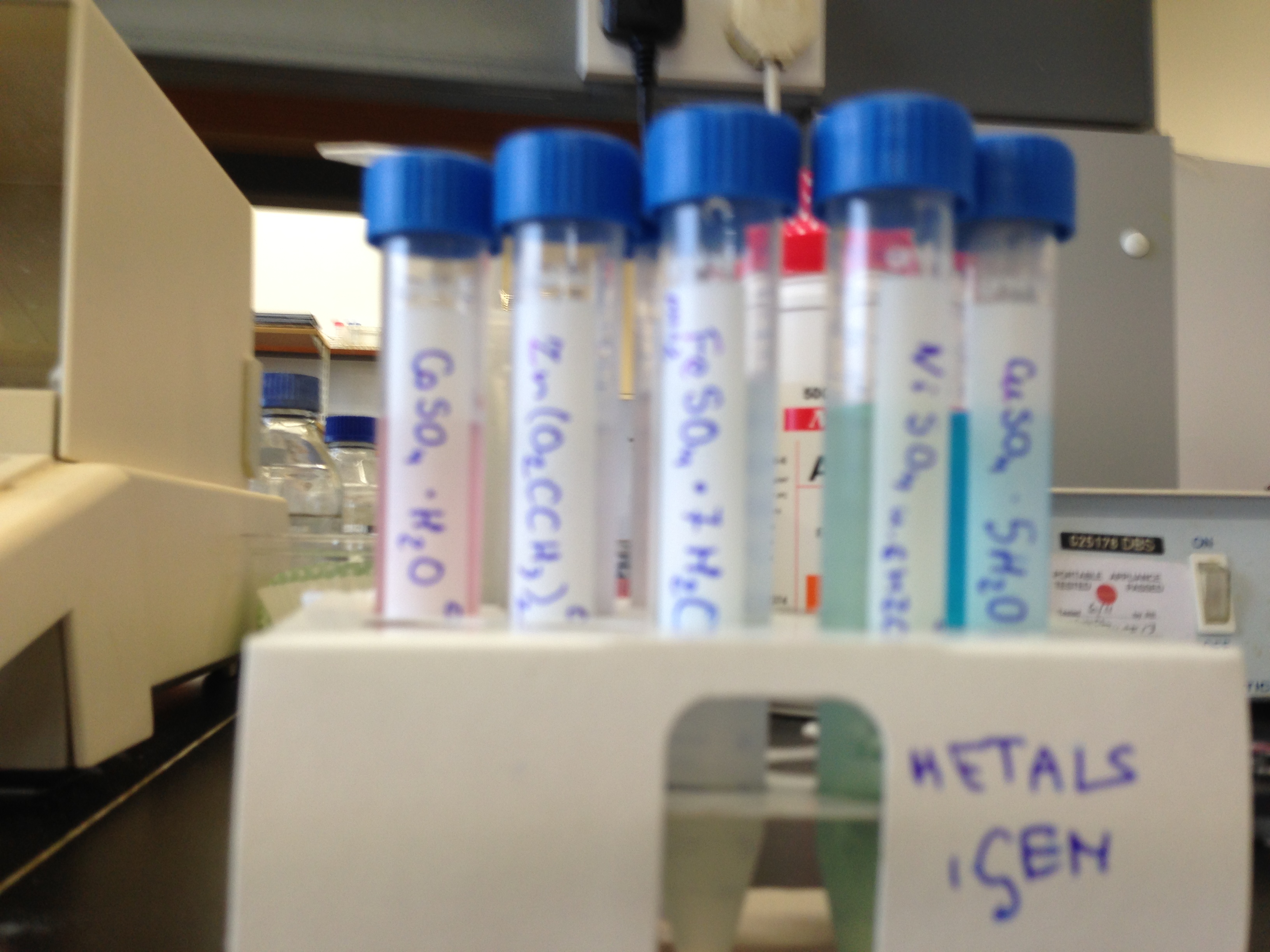Edinburgh University
From 2013.igem.org
Hristianita (Talk | contribs) |
|||
| Line 9: | Line 9: | ||
<div> | <div> | ||
| - | |||
| - | + | The Edinburgh iGEM 2013 team, WastED, is focusing on remediation and valorization of industrial waste streams, with a particular focus on Scottish leather and whisky industry waste waters, containing toxic heavy metal ions as well as fermentable organic components. Using <i>Bacillus subtilis</i> as chassis, we are engineering organisms to capture ions using chelators and metal binding proteins, and to ferment organic components to produce biofuels. We are also testing a new assembly procedure, GenBrick, based on the Genabler assembly system. GenBrick allows assembly of multiple RFC10-compatible BioBricks in a single reaction, and is also well suited to the preparation of fusion proteins and addition of terminal tags. Enzyme fusions may enhance metabolic pathways through substrate channeling. We are testing the effect of protein fusions on fermentation efficiency for biofuel production. In addition, we are examining the implications of possible Scottish independence, following the 2014 referendum, for Synthetic Biology in Scotland. | |
| - | + | ||
| - | + | ||
| - | + | ||
| - | We | + | |
</div> | </div> | ||
Revision as of 17:01, 3 October 2013
WastED
The Edinburgh iGEM 2013 team, WastED, is focusing on remediation and valorization of industrial waste streams, with a particular focus on Scottish leather and whisky industry waste waters, containing toxic heavy metal ions as well as fermentable organic components. Using Bacillus subtilis as chassis, we are engineering organisms to capture ions using chelators and metal binding proteins, and to ferment organic components to produce biofuels. We are also testing a new assembly procedure, GenBrick, based on the Genabler assembly system. GenBrick allows assembly of multiple RFC10-compatible BioBricks in a single reaction, and is also well suited to the preparation of fusion proteins and addition of terminal tags. Enzyme fusions may enhance metabolic pathways through substrate channeling. We are testing the effect of protein fusions on fermentation efficiency for biofuel production. In addition, we are examining the implications of possible Scottish independence, following the 2014 referendum, for Synthetic Biology in Scotland.

| 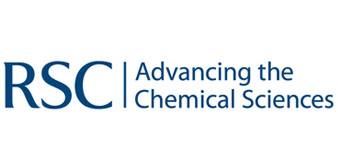
| | | | 
|
| This iGEM team has been funded by the MSD Scottish Life Sciences Fund. The opinions expressed by this iGEM team are those of the team members and do not necessarily represent those of MSD | |||||
 "
"
